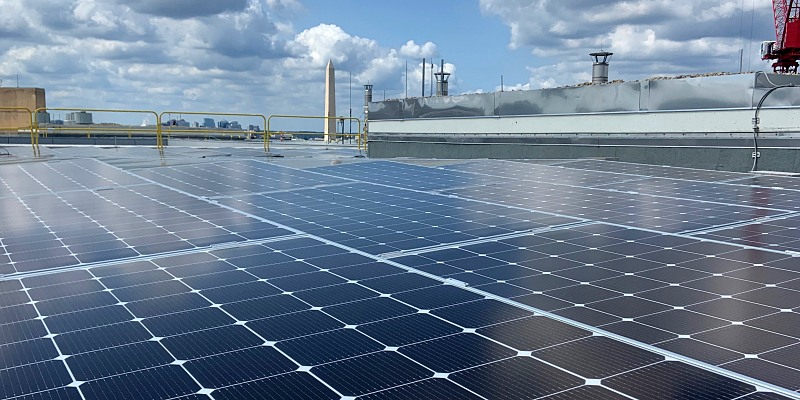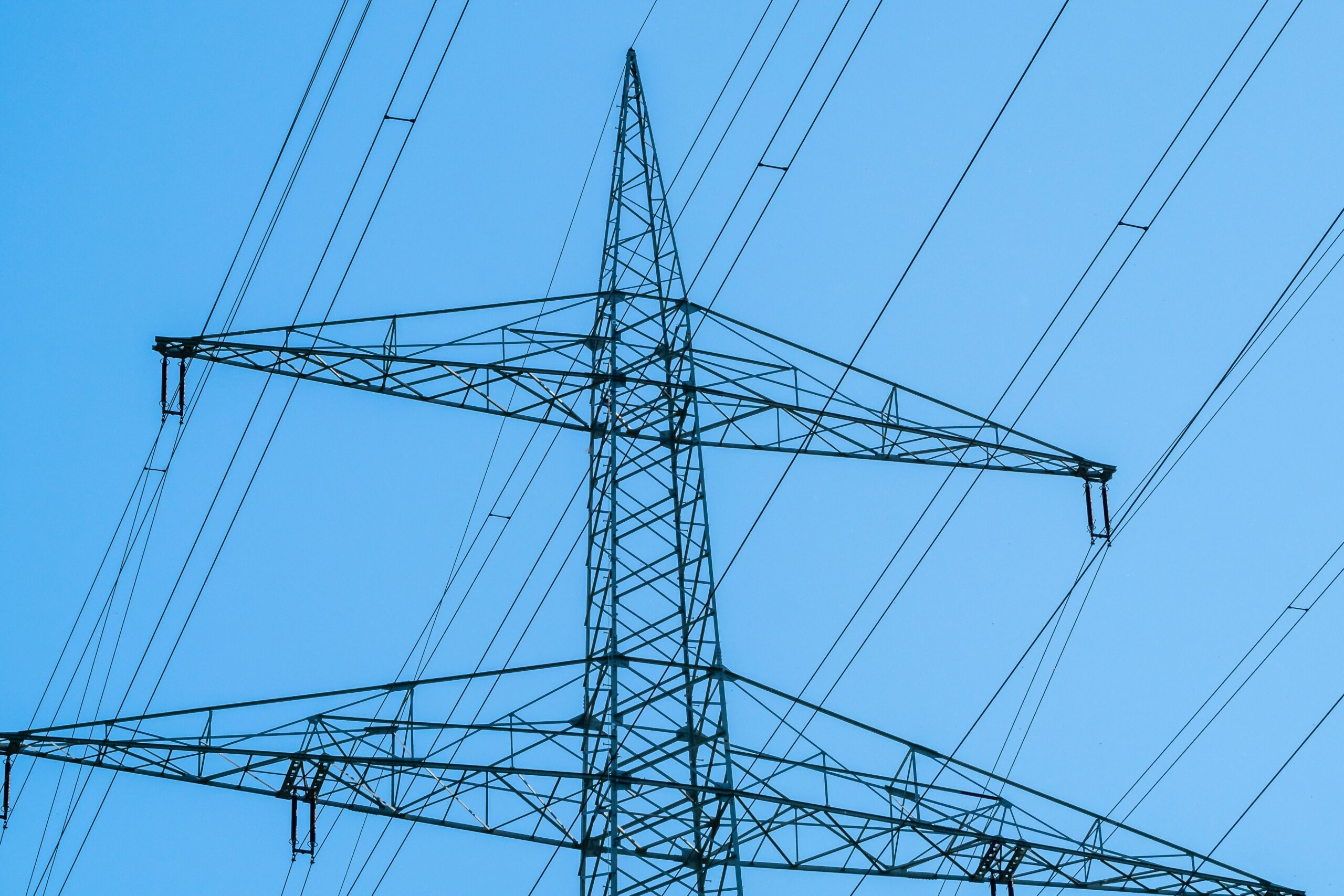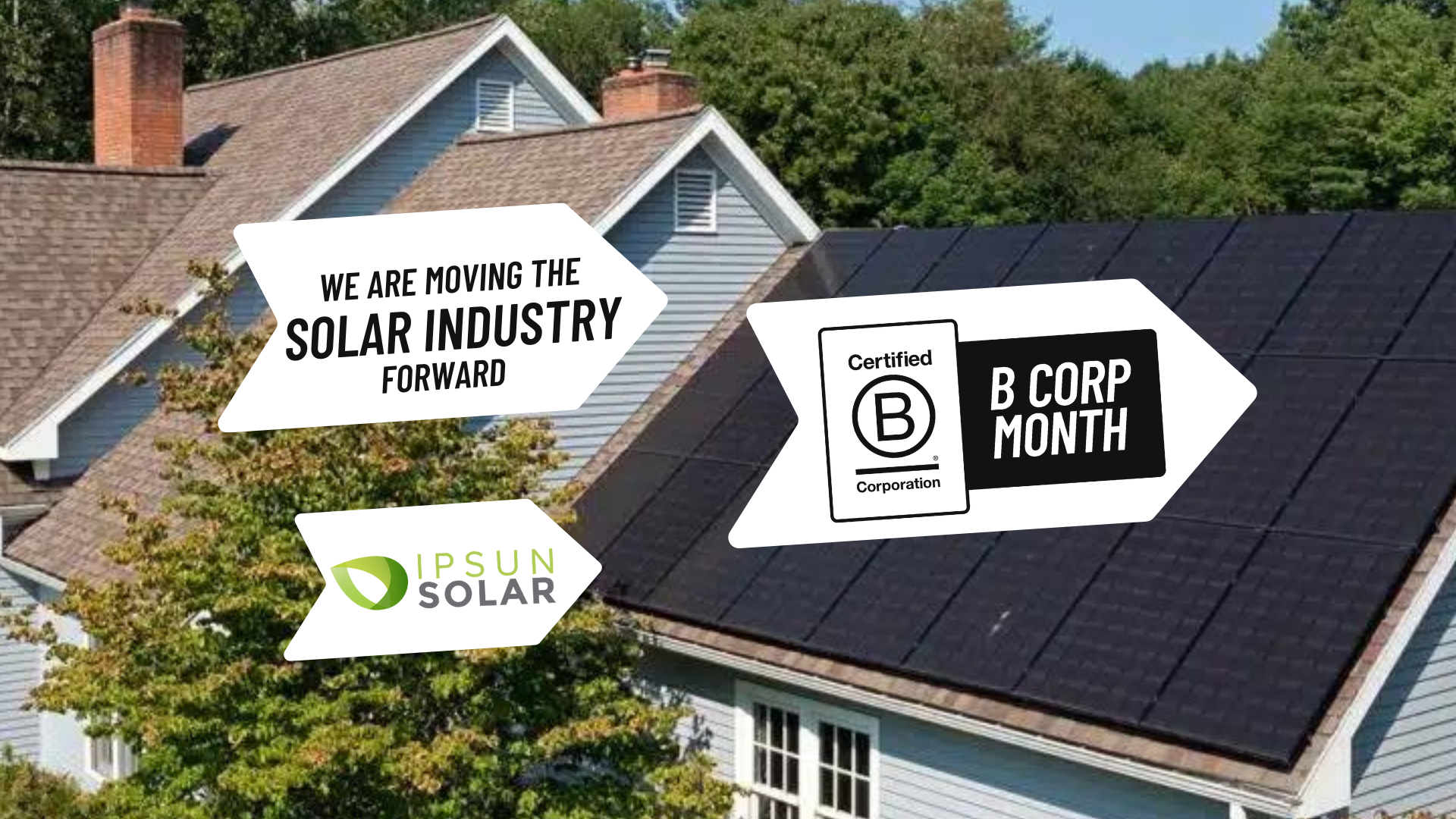Installing solar panels can provide a host of benefits boosting reliance on renewable energy, lowering utility costs, and even improving the value of a home.
However, one advantage that is often overlooked is the ability to earn solar tax credit from the federal government for operating solar panels. This program was originally slated to be removed at the end of 2021.
Now, however, the tax credit has been extended through 2032, so homeowners and businesses that are preparing for installation this year can still benefit.
Here’s what you need to know about how a solar tax credit works, including who qualifies and whether it can be extended over multiple years.
What Is the Solar Tax Credit?
The solar tax credit is awarded the year that a solar panel system is installed and the owner has received their permission to operate (PTO).
The federal government uses the tax credit system to incentivize people to install solar panels, so when a new array is installed and ready to use, the homeowner or business may deduct a percent of the total cost paid for the system from their taxes for the applicable tax year.
For those who have a tax liability, using the example of a new solar system with a cost of $20,000: in 2023, the solar tax credit is worth 30%; of the $20,000 cost, that’s $6,000. When filing taxes for the year in which the array was installed, claiming the solar panels results in your total taxes due being reduced by that $6,000.
This means your tax bill is lower, which may result in a refund depending on other circumstances. The solar tax credit works differently from a rebate.
Rebates typically send a check with money back after work is complete or when a system is purchased whereas the solar tax credit lowers your taxes due, so your tax bill goes down.
This could result in a bigger refund for you, or it may mean you owe less when you receive your tax bill.
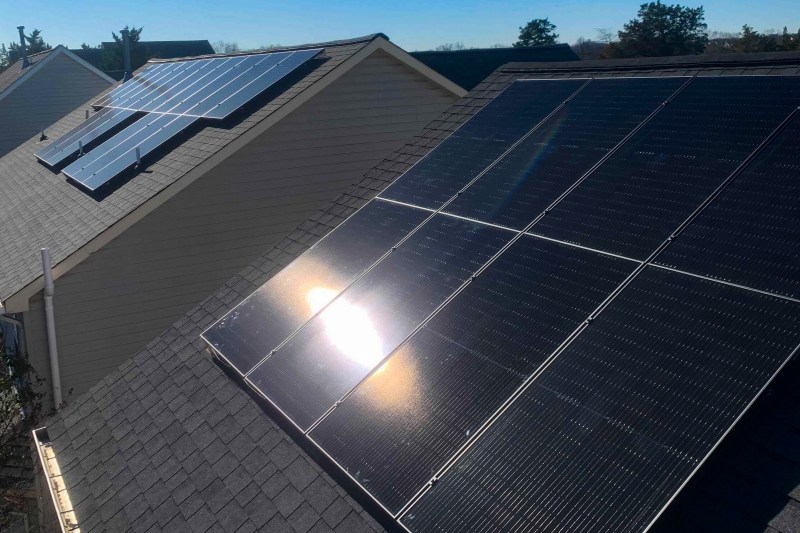
Who Can Receive a Solar Tax Credit?
Anyone who owns their solar panel system and has tax liability can take advantage of the federal tax credit. The only people who have a tax liability and use solar panels but can not receive the credit are those who are leasing or using power purchase agreements.
The solar tax credit must be claimed for the year in which it was installed; if you installed a solar array in 2021 but have not yet attempted to claim the credit, it is now past the window for eligibility.
Can a Solar Tax Credit Be Extended Over Multiple Years?
Many people are both willing and able to take the full solar tax credit (in the example above, $4,400) in one year. However, in certain circumstances, it is possible to file taxes without being able to utilize the entire benefit.
For instance, retirees who do not file federal taxes do not have enough taxable income to use the solar tax credit, because their taxable federal sum is already $0.
However, if a retiree maintains a part-time job that earns $3,000 per year to help with bills after retirement, the amount that they could list as income on their taxes—$3,000—is lower than their $4,400 in solar tax credit. If they use their credit, they will be unable to use $1,400 of value.
The good news is that the solar tax credit can be rolled into future years as long as the tax credit is still in effect. Thus, it would be possible for this retiree to use $3,000 of their tax credit to reduce their taxable income to zero, and then save the remaining $1,400 in credit for the next year.
The biggest caveat with this strategy is that this process only works for as long as the tax credit is in effect. If the government decides not to extend its offering, any unused value left from the earned solar credit would be lost.
The federal government has lengthened the timeline for solar tax credit availability into 2032, but interested parties should always read the latest news to determine whether the program will still be in effect during their specific solar timeline.
As always, Ipsun Solar specializes in solar panels, not taxes! See us for all of your solar panel needs and speak with a tax professional for more information on your taxes.
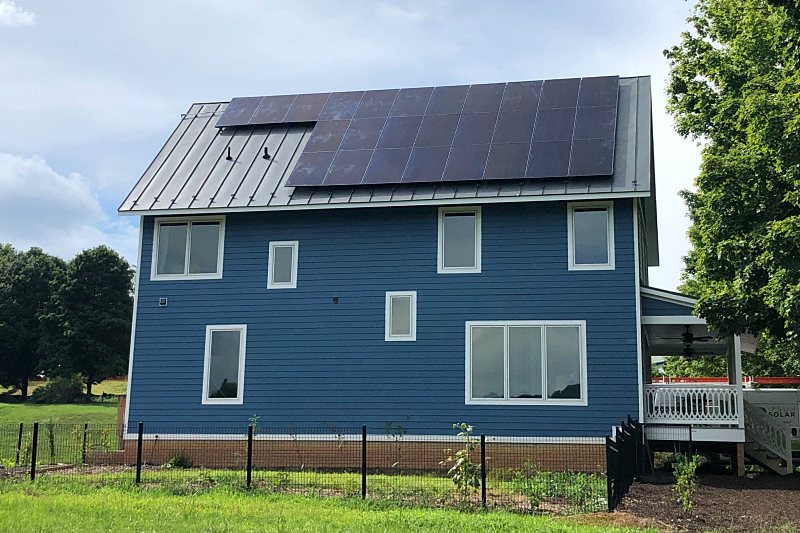
Get Solar Panels from Industry Pros
Installing a solar array at your home or place of business is a smart decision that comes with numerous benefits—the federal solar tax credit is only the beginning.
The professionals at Ipsun Solar create personalized solar systems that meet their clients’ needs, and they help customers identify and understand the various programs, rebates, and incentives for which their system may qualify. We are dedicated to helping our clients and the environment.
Contact Ipsun Solar to receive a quote for a custom solar panel system or to ask any questions about the process.


